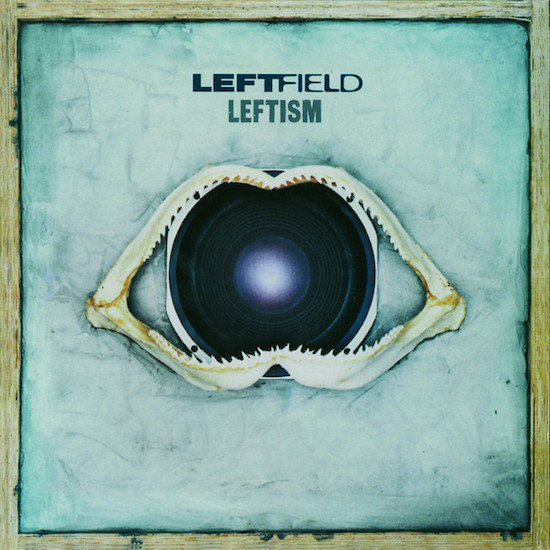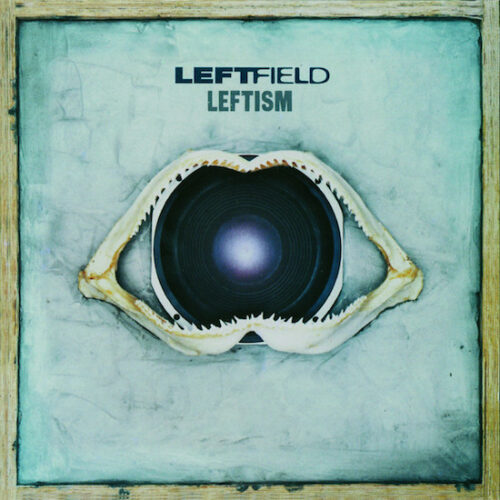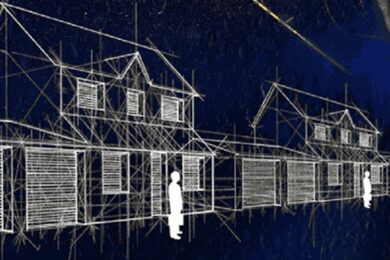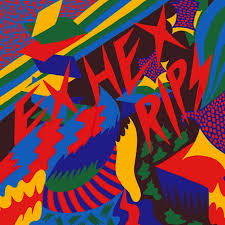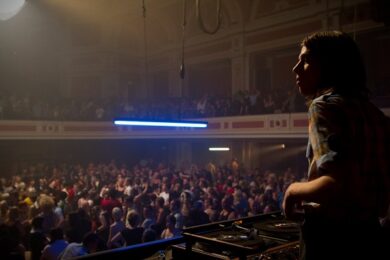It was a telephone call that was both anticipated and dreaded.
The summer of 1996 found me living and working 3000 miles away from my London home in New York. And while that 18-month experience carried a myriad of benefits ranging from a cheaper cost of living thanks to a then weaker dollar, larger drinks measures in bars and the now seemingly defunct buy-back system, it also meant that I got to miss some of the bigger events back home. Ordinarily this wouldn’t bother me, not least as I’d get to see big British bands playing small venues as they tried to crack the States, while clubs such as Twilo or Robots fulfilled my partying needs in more ways than one.
But the one event that I genuinely regretted missing was Tribal Gathering at Luton Hoo. With live sets from The Chemical Brothers, Underworld, Daft Punk and Goldie among others, this proved to be as much a pivotal moment back then as much as it’s now viewed with a sense of awed disbelief that such an incredible line up could have been assembled (and that’s before you stop and consider DJ sets from the likes of Laurent Garnier, Carl Cox, Armand Van Helden, Josh Wink and a fuck ton more).
And lamented the most were Leftfield, who were coming in on the back of their hugely popular debut album, Leftism. And to compound my regret was a late night call from my sister who’d made it to Tribal Gathering with just about everyone that we knew and was now regaling in breathless tones an event that she was still evidently reeling from. Indeed, the consensus among the friends who still had a semblance of memory left after such a weekend of profoundly hard partying was that Leftfield had stolen the show.
Two critical factors had contributed to Leftfield’s live success. Firstly was the addition of drums to the live set to bolster the sound and increase the level of thump aimed at squarely at the hips. And second was the use of Leftfield’s own soundsystem, a rig so powerful and fearsomely loud that it had reportedly caused plaster to fall from the ceiling and on to heads of ravers below when they’d leveled the Brixton Academy in London earlier in the year.
It’s entirely apposite that Leftfield should have chosen to use their own customised soundsystem. For all of its reputation as masterful exercise in progressive house, Leftism is an album infused with the influence and dynamics of dub reggae.
Not that that was always the case. Since their formation in 1989, Leftfield had slowly but surely set up the template for much of what was to follow on the dancefloor over the next decade. Be it their own material in the shape of ‘More Than I Know’ and ‘Not Forgotten’ – tracks that arguably moved on British house music in huge leaps and bounds – through to still stunning remixes for the likes of Stereo MCs (‘Step It Up’), React 2 Rhythm (‘Intoxication’) and Inner City (‘Hallelujah’), as well as David Bowie’s ‘Jump They Say’ among many others – Leftfield were defining the next wave of dance music. And with Leftism, they’d caused a seismic shift.
Much like Primal Scream’s Screamadelica, Leftism was a long time coming and an album heralded by a stream of landmark single releases before its eventual arrival. Though released in the opening overs of 1995, Leftism took its first indelible step three years earlier with the release of ‘Release The Pressure’. Featuring reggae singer Earl Sixteen, the 12”-only release marked a departure from the sound Leftfield had become known for. The bpms were reduced to create a more intense groove, while the bassline – certainly on the single’s ‘Rough Dub’ flip – introduced Leftfield’s burgeoning reggae infatuation.
Not that they were alone. Primal Scream had deployed dub dynamics across Screamadelica while The Sabres Of Paradise were reaching new levels of dread, echo and space on Haunted Dancehall, as were The Aloof. And of course there was The Orb, whose epic soundscapes blended those 70s hinterlands of dub, ambient washes and electronica, while soon to follow were Renegade Soundwave with The Next Chapter Of Dub. Yet for all that, none of them quite blended the mix of dub and house music to the same degree as Leftfield did.
Witness the album version of ‘Song Of Life’ for evidence. Whereas the original 12” single from 1992 leapt pretty much into the heart of the action, Leftism’s reading builds slowly and methodically with at least half of the song relying on dub dynamics to create a sense of tension screaming out for release. Here, Leftfield are more concerned about the journey than they are about the destination, but it’s an approach that reaps rich rewards.
Indeed, to listen to Leftism at a remove of a quarter of a century is to reframe the album from its original perception. Though widely regarded as the pinnacle of progressive house, the album had actually moved away from the form Leftfield had helped create. And perhaps most striking now is how the album works best when it’s banging the least. The sensual grooves of ‘Original’ feel more aligned to the sounds that were emanating from Bristol at the time. Elsewhere, ‘Melt’’s shimmering haze still evokes the moment when the sun begins to greet the dawn, as do the gentle undulations of closer ‘21st Century Poem’.
Which isn’t to deny the album’s banging credentials. Though ‘Space Shanty’ is undeniable straight-ahead fun, it pales next to the joy at the heart of ‘Afro-Left’, a heady and potent blend of African rhythms and driving beats and ‘Open Up’, featuring John Lydon – a man with serious form when comes to being in the right place at the right time – is easily a career highlight for both parties (there’s a good reason why PiL regularly include it in their live sets) But whereas the Full Vocal Mix of the original single is a full-on raver, here it takes an off-road detour into the space-dub explorations that beat at the heart of Leftism.
It’s not difficult to see why. Having revolutionised the dancefloor through a stream of infectious singles and remixes, with Leftism, Leftfield were already looking ahead. Their next area of conquest would be the live arena and that campaign would need an overhaul in sound and delivery. Along with Underworld, Orbital and The Prodigy, Leftfield were taking the party out of the clubs and into festivals. Forget the retrospective chat about Britpop in the mid-90s; it’s worth bearing in mind that the new generation of dance music held considerably more sway. The evidence is there in those Tribal Gathering line-ups and the rise of professionally organised dance events designed to circumnavigate the Criminal Justice Bill of 1994. Crucially, the proof is also there in live performances of staggering dimensions. No longer would electronic music face accusations of anonymity or a lack of personality.
Finally catching up with the live Leftfield experience during a particularly rain sodden Homelands festival at the Winchester Bowl in 2000 made up for missing them four years previously. The memory still lingers of several thousand damp ravers crammed into the Home Arena visibly taken aback when the bowel-quaking bass dropped from a colossal height. Those dub reggae influences had been tweaked, refined and ramped up to near absurd levels. But there was no denying that the effect on the gathered masses was genuinely profound. There was no way anybody was going to be standing still. And it all started with the alteration in sound and dynamics on Leftism, an album that’s far more diverse in identity and influence than was initially perceived.

